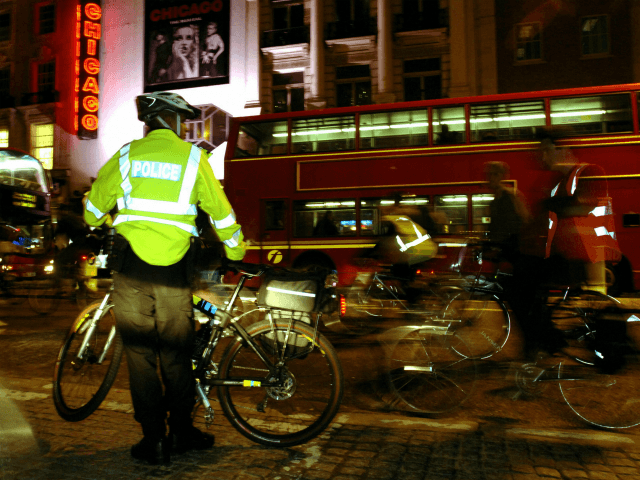European Union eco regulations are threatening to turn London’s West End theatreland dark within two years.
Under the terms of the EU Energy Directorate’s Eco-design working plan, almost all the equipment used by lighting designers in theatres across the UK will be rendered obsolete.
The issue was raised in a letter to the Guardian (ironically, one of the great champions of the European Union generally and of eco-regulations in particular) by the President of the Association of Lighting Designers, Richard Pilbrow.
He wrote:
I am writing to you as the president of the Association of Lighting Designers, and as the Founder of Theatre Projects, an international theatre design company that for 60 years has been at the forefront of British theatre technology, responsible for the stage design of the National Theatre, and for over 1,500 theatre projects in 80 counties.
I have been a lighting designer for over 60 years. British theatre now faces an extraordinary crisis. On Saturday 7 May consultation on an amazing EU draft regulation – the Energy Directorate’s Eco-design Working Plan 2016-19 – will close. If confirmed, in 2020 virtually all stage lighting equipment used throughout the British Theatre and entertainment industry will be rendered obsolete and the lamps within that create the light be unobtainable.
British theatre and British lighting design leads the world. This month alone on Broadway, two productions, Harry Potter and the Cursed Child, lit by Neil Austin, and Angels in America, lit by Paule Constable, have attracted universal critical acclaim.
This draft regulation not only bans incandescent lamps, but virtually all the discharge and LED light sources that have been developed in recent years to reduce the theatre’s carbon footprint. This is a very real crisis. No existing entertainment lighting equipment presently meets the new theoretical power requirement.
If, in 18 months, such equipment were to be invented – an aim apparently pushing beyond the boundaries of physics today – it would certainly cost as much as five to 10 times the equipment it replaces. This is, therefore, a potential financial disaster at best, and an artistic and practical catastrophe for every theatre in the land.
Among those threatened by the directive are the large number of actors and other celebrities who campaigned for Britain to remain part of the EU.
In an open letter published during the EU referendum campaign, they wrote:
From the smallest gallery to the biggest blockbuster, many of us have worked on projects that would never have happened without vital EU funding or by collaborating across borders. Britain is not just stronger in Europe, it is more imaginative and more creative, and our global creative success would be severely weakened by walking away.
And what would ‘Out’ really mean? Leaving Europe would be a leap into the unknown for millions of people across the UK who work in the creative industries, and for the millions more at home and abroad who benefit from the growth and vibrancy of Britain’s cultural sector.
From the Bard to Bowie, British creativity inspires and influences the rest of the world. We believe that being part of the EU bolsters Britain’s leading role on the world stage.
Let’s not become an outsider shouting from the wings.
Signatories included actors Benedict Cumberbatch, Helena Bonham Carter, Patrick Stewart and Keira Knightley, and directors Danny Boyle and Nicholas Hytner as well as playwright Tom Stoppard.
Their joint open letter to Guardian apologizing for their ignorance and short-sightedness is not expected to be published any time soon.

COMMENTS
Please let us know if you're having issues with commenting.